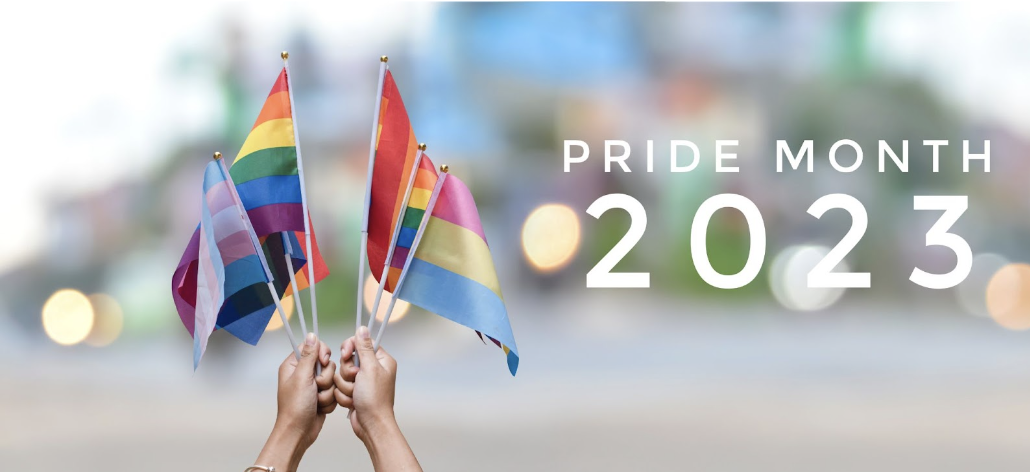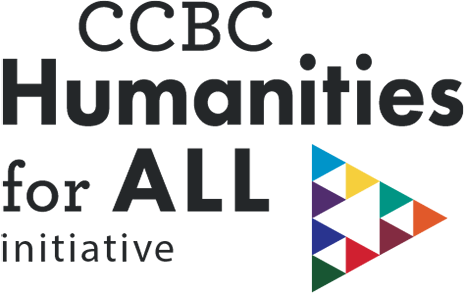
Commemorating Pride Month
Did you know that June is designated as Pride Month to commemorate the Stonewall Riots that occurred on June 28, 1969? During the riot, New York City police raided the Stonewall Inn, a gay club located in Greenwich Village in New York City. The raid sparked a riot among bar patrons and neighborhood residents as police hauled employees and patrons out of the bar, leading to six days of protests and violent clashes with law enforcement outside the bar and on neighboring streets. The Stonewall Riots served as a catalyst for the gay rights movement in the United States and around the world.
The following year, activists commemorated the Stonewall Riots with a peaceful march with no dress restrictions where people could express themselves and their sexuality freely. In the years that followed that first march, pride parades began to pop up across the country and are a key event during most Pride Month celebrations.
While the LGBTQ+ community has made legislative and cultural gains since the first pride event, the struggle for equality is far from over. LGBTQ+ people still face hate crimes and discrimination — and in some countries, it is illegal to be LGBTQ+. In fact, just earlier this month, the Human Rights Campaign declared a state of emergency for LGBTQ+ people in the United States, for the first time in its 40-year history. While parades and increased media attention during the month of June raise visibility of the LGBTQ+ community, we can and must do more year-round to educate ourselves and work together to make a difference.
If you’re not a part of the LGBTQ+ community, you can show your solidarity and support by using your political power, resources, and access to support the community year-round. Some things you can make part of your daily life are:
- Listening. Take the time to listen to stories shared with you from the LGBTQ+ community. Amplify their voices and share what you learn with others.
- Being a role model for kindness and inclusion.
- Being a space where everyone can be authentic.
- Taking action at the local level to create safe spaces for everyone. Start small with the spaces you directly interact with and branch out from there!
- Staying informed and being willing to fight for the rights of others.
At CCBC, all are welcome! The Humanities for All program encourages students to view the world through the lens of a variety of disciplines to better understand how we all can work together to create a better society.

